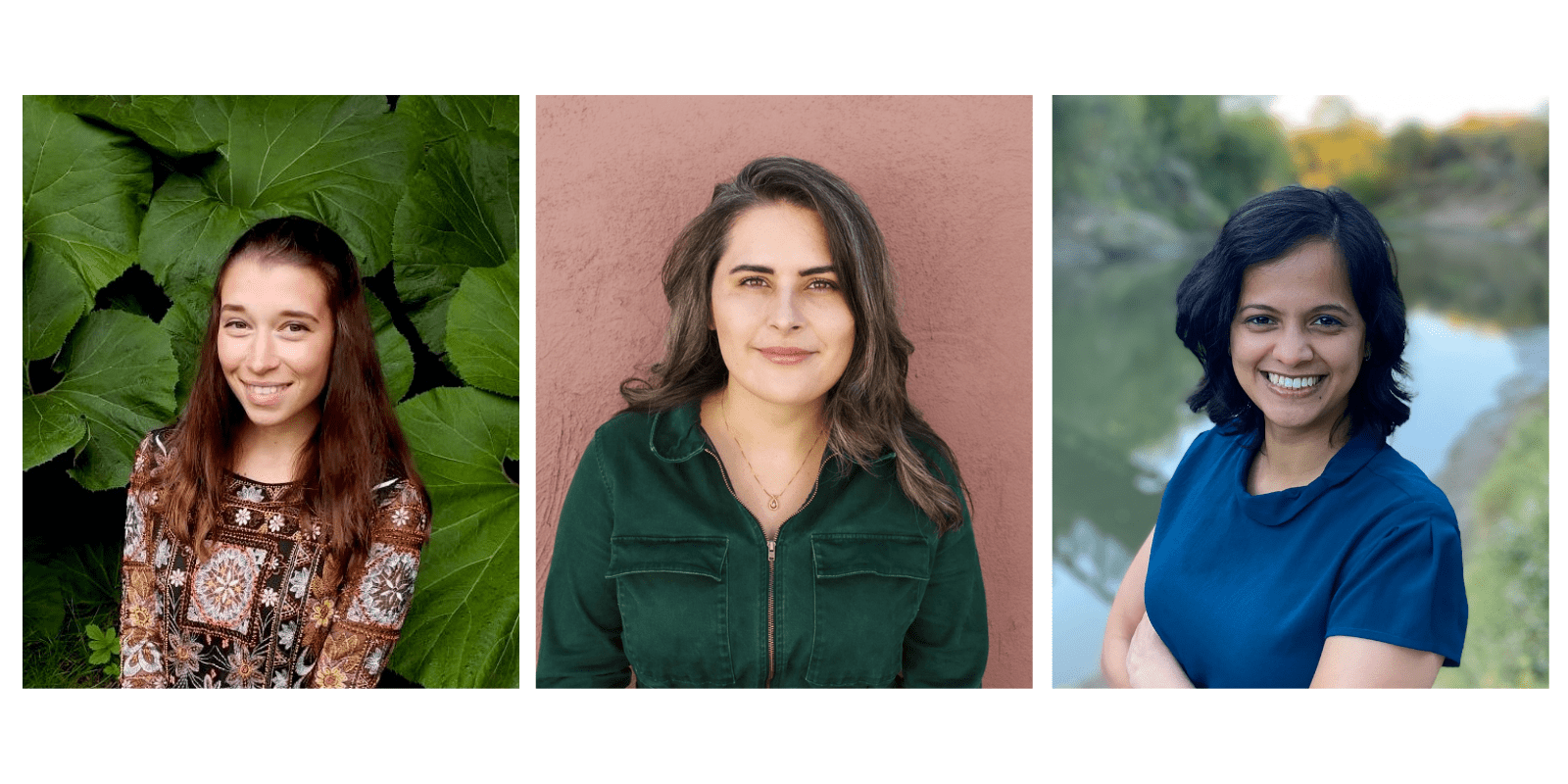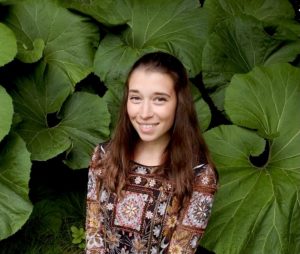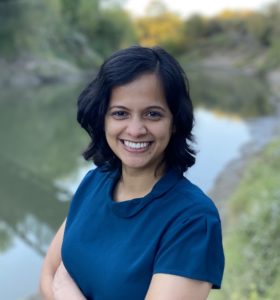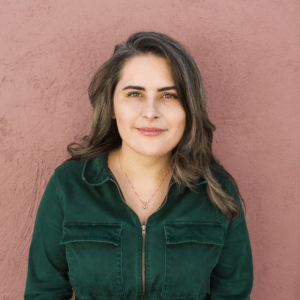We have much more to do and your continued support is needed now more than ever.
Meet NWF’s 2021 Graduate Student Research Fellows

The National Wildlife Federation (NWF) is pleased to introduce the recipients of this year’s graduate student research fellowships.
Each year, NWF Graduate Student Research Fellows support the advancement of NWF higher education programs through dedicated research projects. This research helps expand the content and development of select programs to help teenagers and young adults develop their environmental leadership and sustainable career goals through project-based learning.
EcoLeader Community Fellowship
In an effort to better serve the NWF EcoLeaders community, the NWF EcoLeader Community Fellows will support continuous improvement of the EcoLeaders and EcoCareers programs based on research into the latest innovations and best practices in youth leadership and career development programs, the advancement of equity and justice principles, stakeholder engagement, as well as the creation of new or revised content.
Anna Bunting

EcoLeader Community Fellow
Anna Bunting graduated from Michigan State University with a BS in Environmental Biology and Zoology during the height of the COVID-19 pandemic. In her time at MSU she was an Intercultural Aide and EcoRep where she supported multiculturalism and sustainability on campus.
She then began a position with Michigan’s Office of the Environmental Justice Public Advocate to create immediate and long-term solutions for environmental justice communities.
As a project coordinator she is working to create an environmental justice and equity training for all Michigan state employees, support a grant project with the EPA, and roll out the state’s first environmental justice screening tool. Anna is beginning her Masters of Environmental and Sustainability specializing in Environmental Justice at the University of Michigan this fall. Her research interests are in indigenous knowledge systems, permaculture, and community sustainability. When she isn’t working, Anna is playing pickleball, beading, and gardening with her family.
“I am so excited to work with NWF to strengthen its pillars of equity and justice in the EcoLeaders community. Getting started in the environmental field myself could be incredibly daunting and disheartening at times, and a virtual support system like the EcoLeaders community is such a perfect place to find the guidance one needs to keeping going.
I believe that we all need people who have suffered environmental injustices or who are disconnected from nature via the racist and classist forces in our society to lead us towards a sustainable future; yet, these are too often the highly valuable people that are lost to inhospitable learning and working environments. I want my research to help connect EcoLeaders to each other, new opportunities, and sense of confidence in their work.“
Amruta Sakalker

EcoLeader Community Fellow
Amruta Sakalker is a doctoral student in Urban Planning and Public Policy in the College of Architecture, Planning and Public Affairs (CAPPA) at the University of Texas at Arlington (UTA). At CAPPA, Amruta has successfully led collaborative research projects, which focus on building the regional stewardship capacity of communities and public/private agencies within the Dallas Fort Worth Metroplex for regional resources and amenities. A first phase of the Trinity watershed report card led by her team was recently recognized by the United Nations University Institute for its contribution to SDG6: Clean Water and Sanitation award, addressing local sustainable development challenges.
Currently, Amruta is a co-author on a research-education grant that will engage students from minority-serving high schools in the DFW metroplex to identify, collect and analyze data on watershed ecology, through a GIS-based training and site analysis.
Through her studies around the complex relationship between land use, land ownership, and community behavior, she hopes to eventually provide communities, businesses, non-profit leaders, and government actors with actionable items that promote the wellbeing of watershed systems in urban areas. Her research focuses on planning and environmental policy initiatives that advance sustainable and equitable development.
“I believe that universities have the capacity to build inter-disciplinary coalitions of public, private and grassroot organizations, to foster regional environmental equity, through education. I am excited to support NWF with the community research fellowship and advance their equity and justice principles.
The fellowship gives me an opportunity to synthesize best practices of partnerships between academic institutions and community leaders that improve regional environmental justice goals of education. Academic projects, grants and policies that successfully translate research processes into community knowledge of environmental conservation, will be the focus of this study.”
Zero Waste and Plastic Pollution Fellowship
As the managing partner of Campus Race to Zero Waste (formerly RecycleMania) Program, NWF seeks to deepen engagement with faculty, staff and students illustrate what it means to be part of a sustainable campus, why waste and plastics reduction and recycling are so important, meet like-minded students, and have fun! To this end, the Zero Waste and Plastic Pollution Fellow will be researching and compiling information on innovative and replicable efforts of U.S. colleges and universities to reduce the purchase and use of plastics on campus and advance zero waste goals.
Sarah Murray

Zero Waste and Plastic Pollution Fellow
Sarah Murray is a Master of Public Administration candidate at the University of Nebraska-Omaha—with a focus on equity, sustainability, and policy. She is a two-year AmeriCorps alum, where she worked for the University of Tennessee’s recycling and sustainability offices to carry out initiatives, including their participation in the Campus Race to Zero Waste competition. Beyond academia, Sarah has also worked in the nonprofit sector, executed zero-waste events, and spearheaded a sustainability initiative within the music industry to create a conversation around the reduction of energy, oil, and other resources used to press vinyl records.
“Sustainability and waste reduction are incredibly important to me. I look forward to working as a National Wildlife Federation Fellow to increase participation, access, and awareness around the Campus Race to Zero Waste competition in higher education. There are a lot of schools doing amazing work around sustainability and waste reduction and it is an honor to highlight their stories.”
Congratulations to our new class of Fellows! These Fellows join a national network of current and alumni fellows, many of whom have gone on to lead new businesses, agencies, and programs for sustainability all across the U.S. Read their stories here and connect with them directly in the NWF EcoLeaders Community.





















